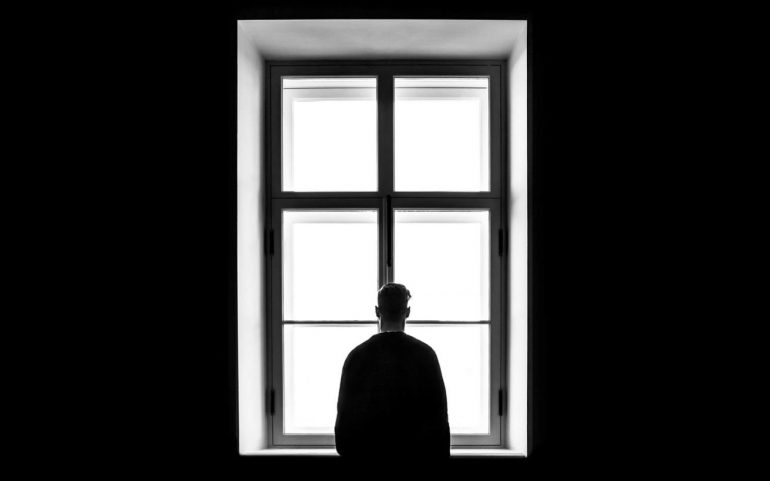From the fascinating and somewhat strange to our eyes country of the Rising Sun, we have come across several equally strange words to hear. Describe phenomena that are now so common in Japan, so that they also acquire a name.
Karoshi is the death of overwork - as overtime has been causing as many deaths as road accidents for years.
Hikikomori are young people retiring from society - estimated at at least half a million.
Kodokushi is another such word, which comes to record another mass phenomenon. In recent decades, the number of elderly Japanese living alone has risen sharply - after all, aging population is one of the biggest challenges facing Japanese society. Many of these people die alone in their apartments, and their deaths can be noticed weeks or even months later, when neighbors are disturbed by an unpleasant odor.
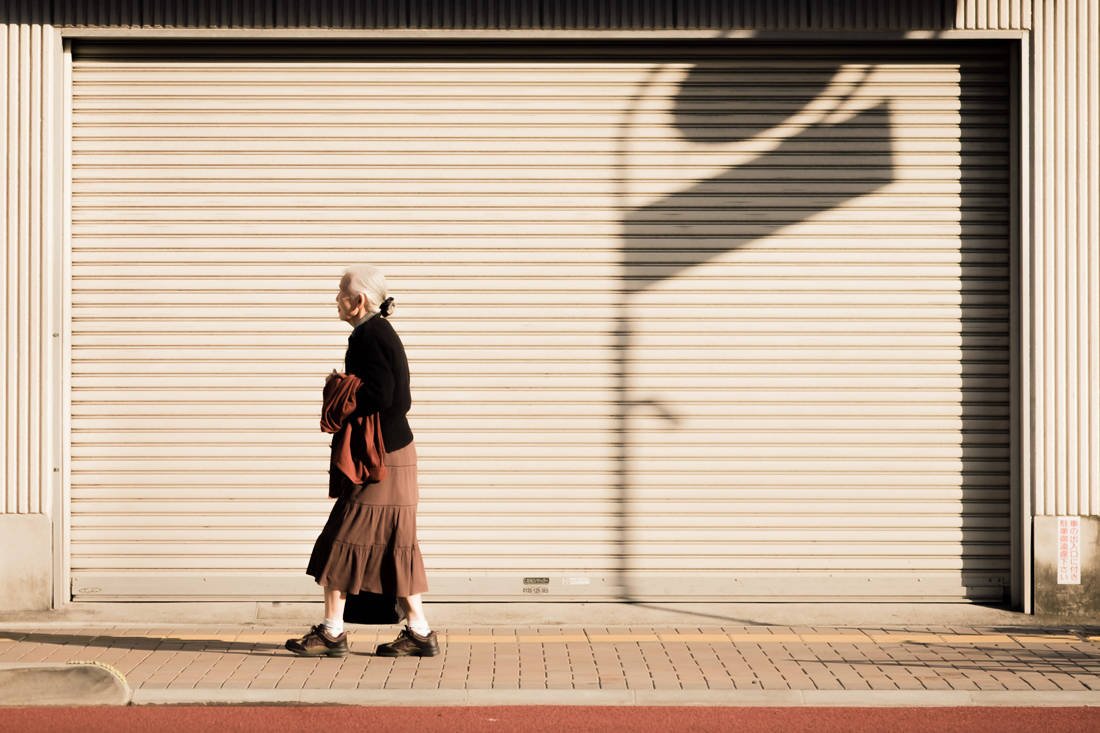
So solitary deaths, kodokushi, are now so common that They also "gave birth" to a business sector: Companies that specialize in cleaning the apartments of the dead - and not a few but at least 4.000.
Here the cleaners do not enter the house holding a bucket or broom and ashtray. They wear special uniforms and gloves and are ready for difficult missions. The employees of these companies have to manage very unpleasant conditions. To clean the stains from the place where the dead man was lying. Manage the remains of the body and whatever contamination it may have caused until it is detected. Eliminate the horrible stench. And then to clean the house and clear the belongings of the deceased. That is, all that was once done by the relatives of the man who is leaving life.
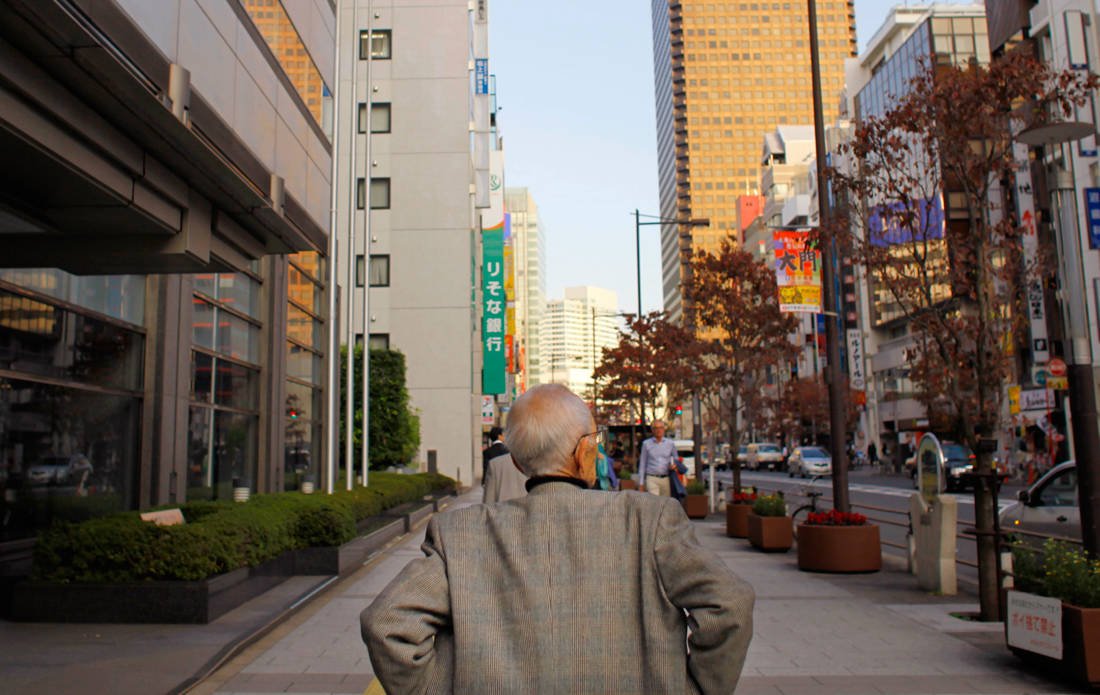
Many attribute the kodokushi phenomenon to the aging population of Japan, where 27,7% of citizens are over 65. There are no official figures for lonely deaths and people who are found dead after a while, but their estimates put them at around 30.000 a year.
Yoshinori Ishimi, director of the cleaning company Anshin Net, estimates that the real number should be doubled or even tripled. As he says, Japan needs to raise the awareness of the new generation on this issue as well for deprivation of dignity experienced by the elderly living in isolation.
Modern Japan has been experiencing sweeping cultural and economic change for decades. At the same time, the country's "social safety net" has not been able to adapt to the new circumstances, so the care of the elderly remains in the hands of their families.
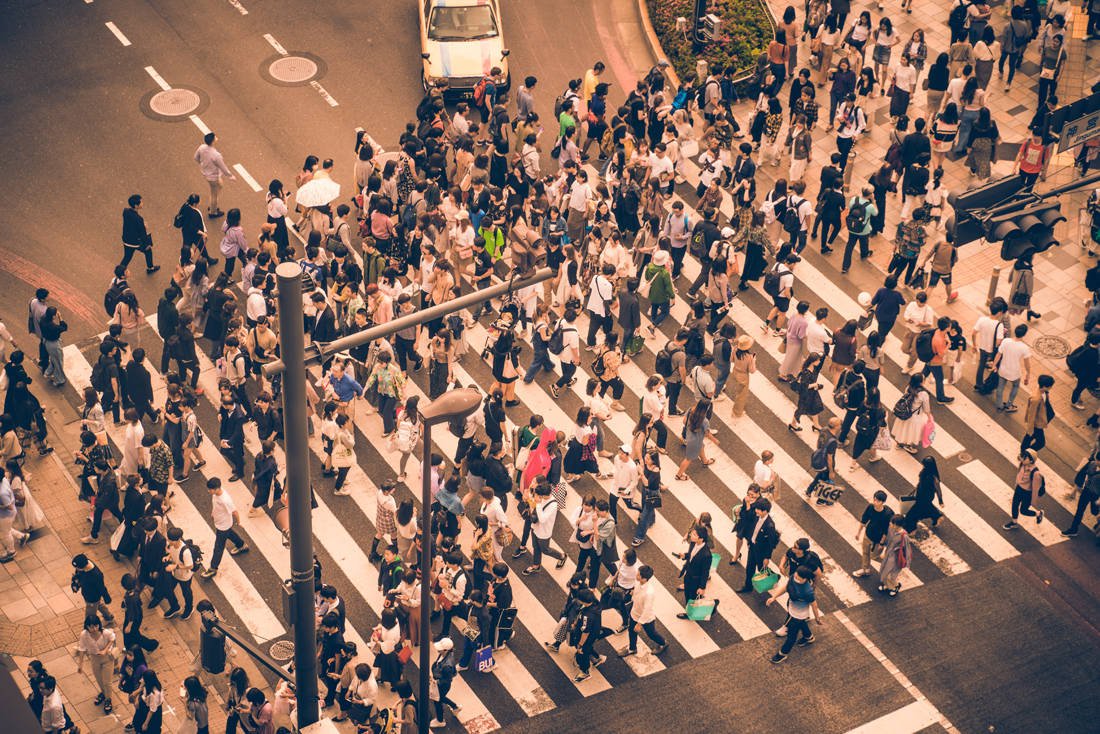
"In Japan, the family was a strong foundation of social support of all kinds," explains Katsuhiko Fujimori, a researcher and social security expert. "But now things are changing, as singles are growing and the size of the family is getting smaller."
In the last thirty years, single-person households in Japan have more than doubled to 14,5% of the population, consisting mainly of men around 50 and women around 80.
At the same time their percentages are reduced wedding, as men are afraid that their job is too uncertain to start a family and women are following their own career path, no longer needing a man to support them.
Today, one in four 50-year-old Japanese is single, and that ratio is expected to rise to one in three by 2030.
The problem is exacerbated by the deep-rooted Japanese culture that people turn to family rather than neighbors in times of need. Trying to be polite, the elderly Japanese are afraid to bothertheir neighbors, even to ask for help in really urgent matters, resulting in a lack of communication and isolation, Fujimori explains.
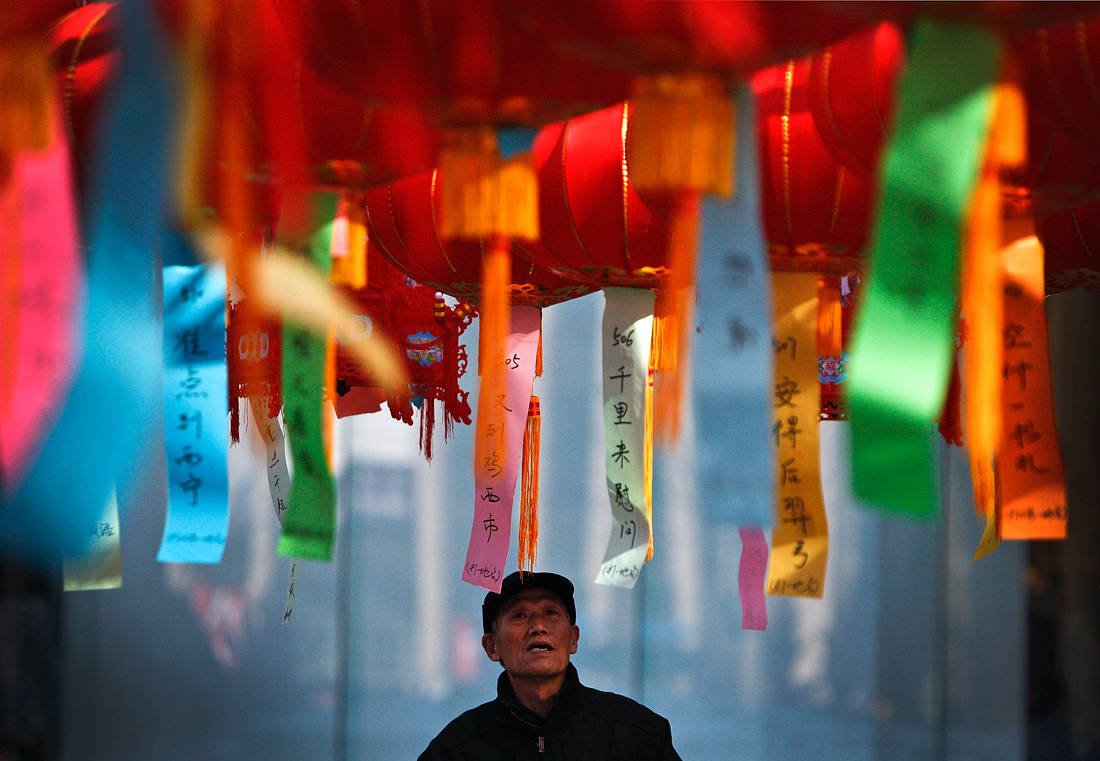
About 15% of seniors living alone have no one to talk to and have some conversation… once a week! Respectively in Sweden the percentage is 5%, 6% in the US and 8% in Germany, according to data from the Japanese government. It is lost at the same time the supporting tissue of the family, since relatives either live far away or do not have the resources to help elderly members in times of financial hardship.
Fujimori proposes raising taxes to provide better social care for the elderly and financial support for raising children so that adult workers are not forced to return to work.
"If she family it can no longer play the role it used to play, society will have to create a framework that meets this need, ”he explains. "If we do nothing, we will see even more lonely deaths."
Decomposed flesh. A stench that takes your breath away. This is what cleaner Hidemitsu Ohshima and his colleagues encounter as they enter an apartment in Tokyo where a man was dead for three weeks.
He may have shared his city with tens of millions of people, but at his death he was all alone. And he was left alone until they found her body of. Another "victim" of Kodokushi.
Equipped with the prescribed white uniform and gloves, Ohshima lifts the mattress, which had been one with the body for three weeks, to discover the crowd below. living organisms that fed and multiplied from her. "Oh, this is serious," he exclaims. "That's why we wear uniforms to protect ourselves from insects that can transmit disease."
The windows of the house are kept tightly closed, so that the yield does not spill over into the densely populated neighborhood.
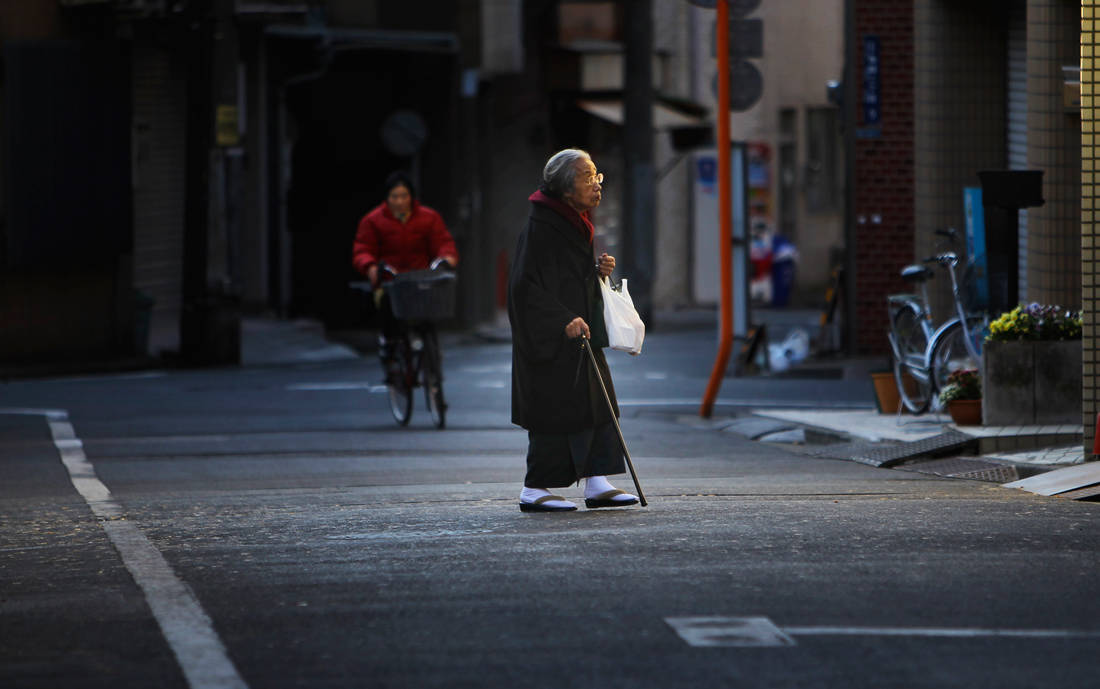
Inside the house, everything shows that the man loved cleanliness, music and movies. The space was tidy, filled with a huge collection of CDs and DVDs. And nothing else. No photos, no letters.
To empty the house, most of the dead man's belongings will be thrown away, but Ohshima and his colleagues look for them carefully, picking out valuables in case his family shows up and asks to see what he left behind. "Police are looking for his family to alert her," says Ohshima, "but so far to no avail."
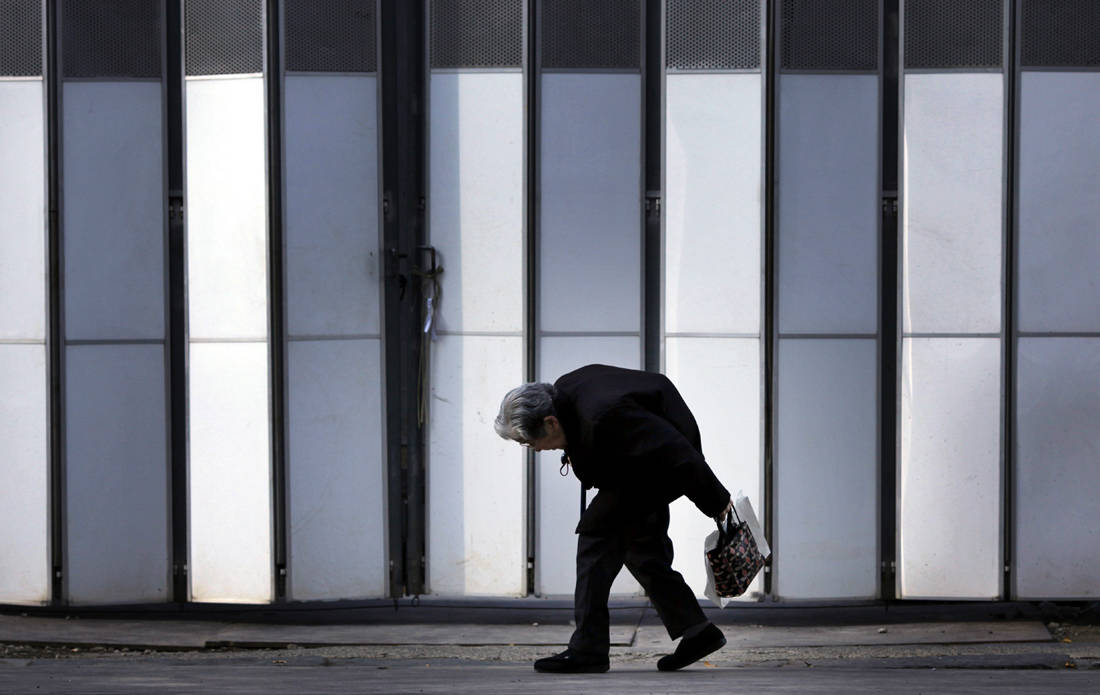
Faced with the same situation is 22-year-old Miyu Kojima, an employee of the company "ToDo", who undertakes cleaning after Kodokushi. "I clean the houses and organize some souvenirs," he explains. He cleaned the houses of people who were left dead in the junk from one and two months to eight. It is sometimes called upon to clean the homes of people who have died in the hospital, been killed or committed suicide. Each cleaning brings them $ 3-5.000.
The busiest period is summer - as more dead are found due to the heat, which accelerates the decomposition and worsens the stench.
For Miyu, kodokushi is not just for the elderly. She has been marked by one of the houses she cleaned, which belonged to a 20-year-old. She had died in the apartment, where she was found dead with her dog.
